Archive
2020
KubaParis
SS20
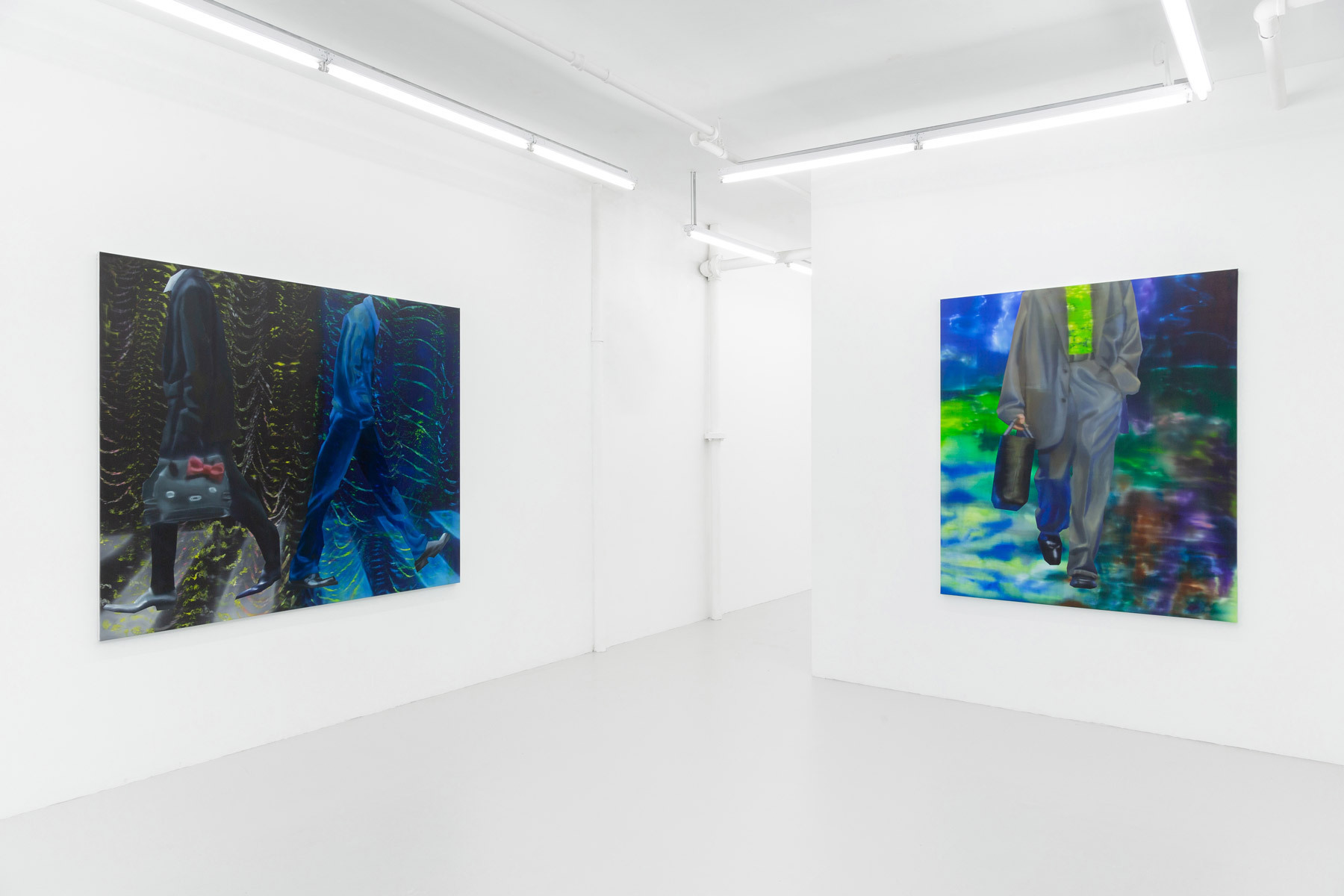
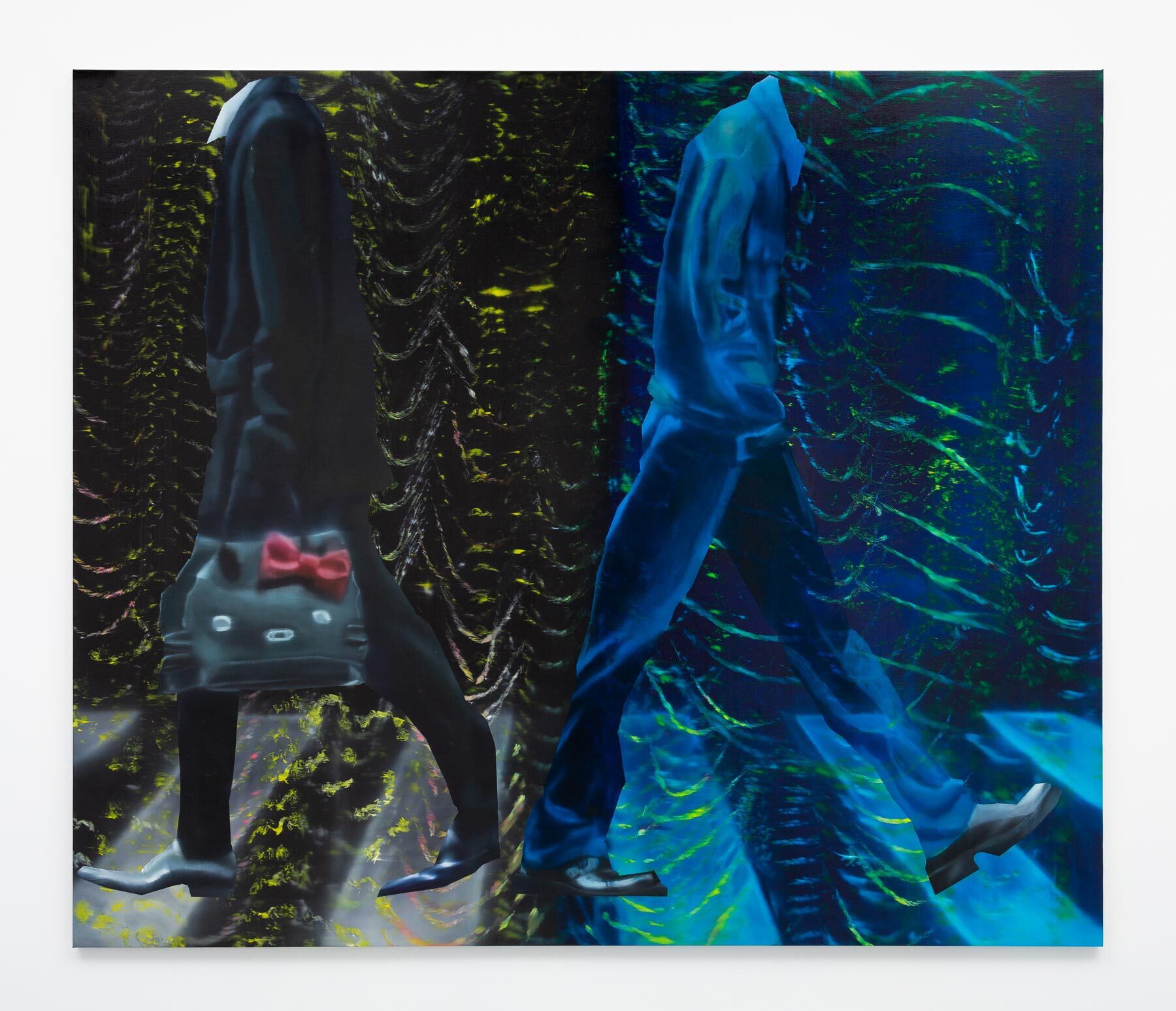
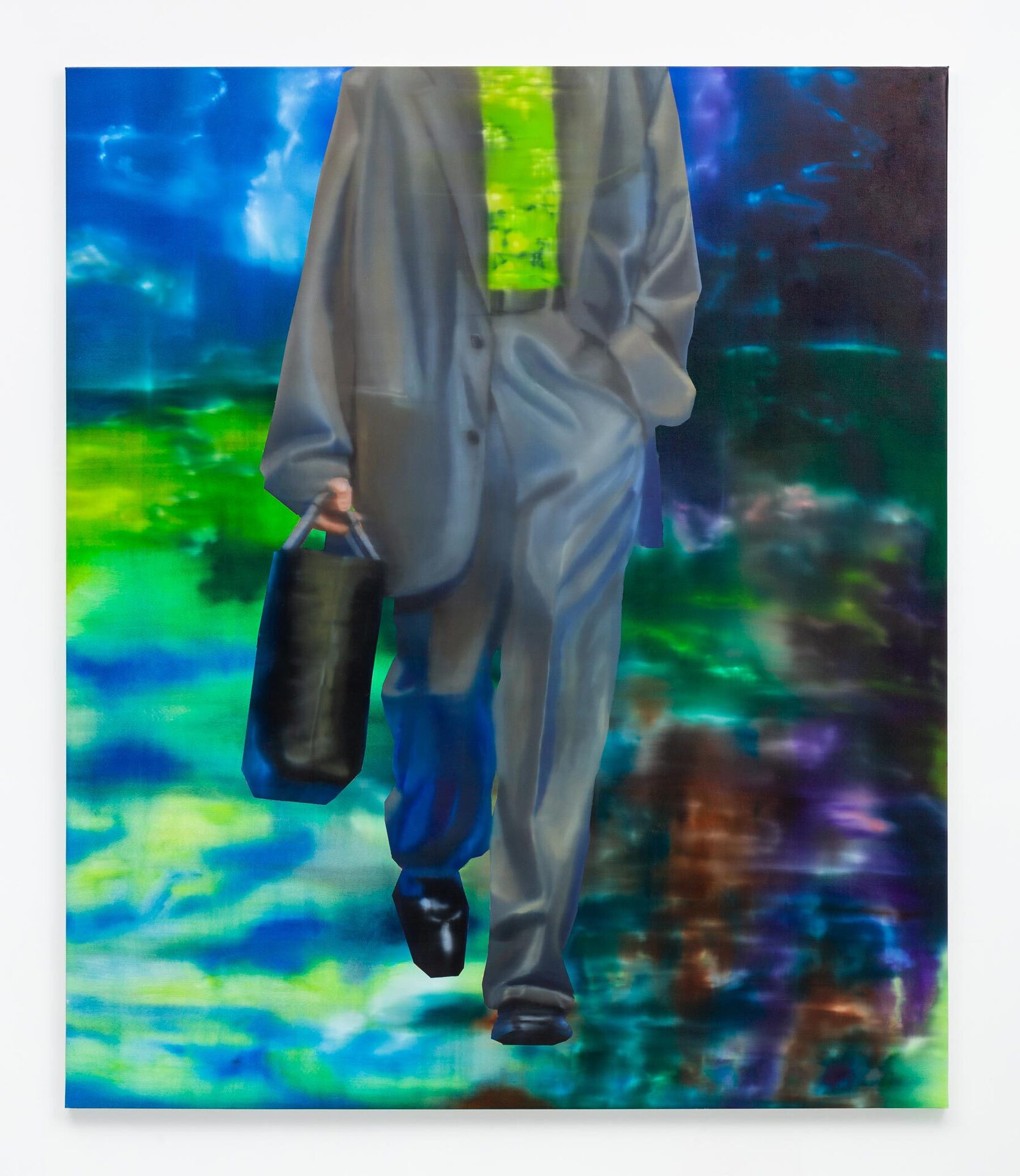
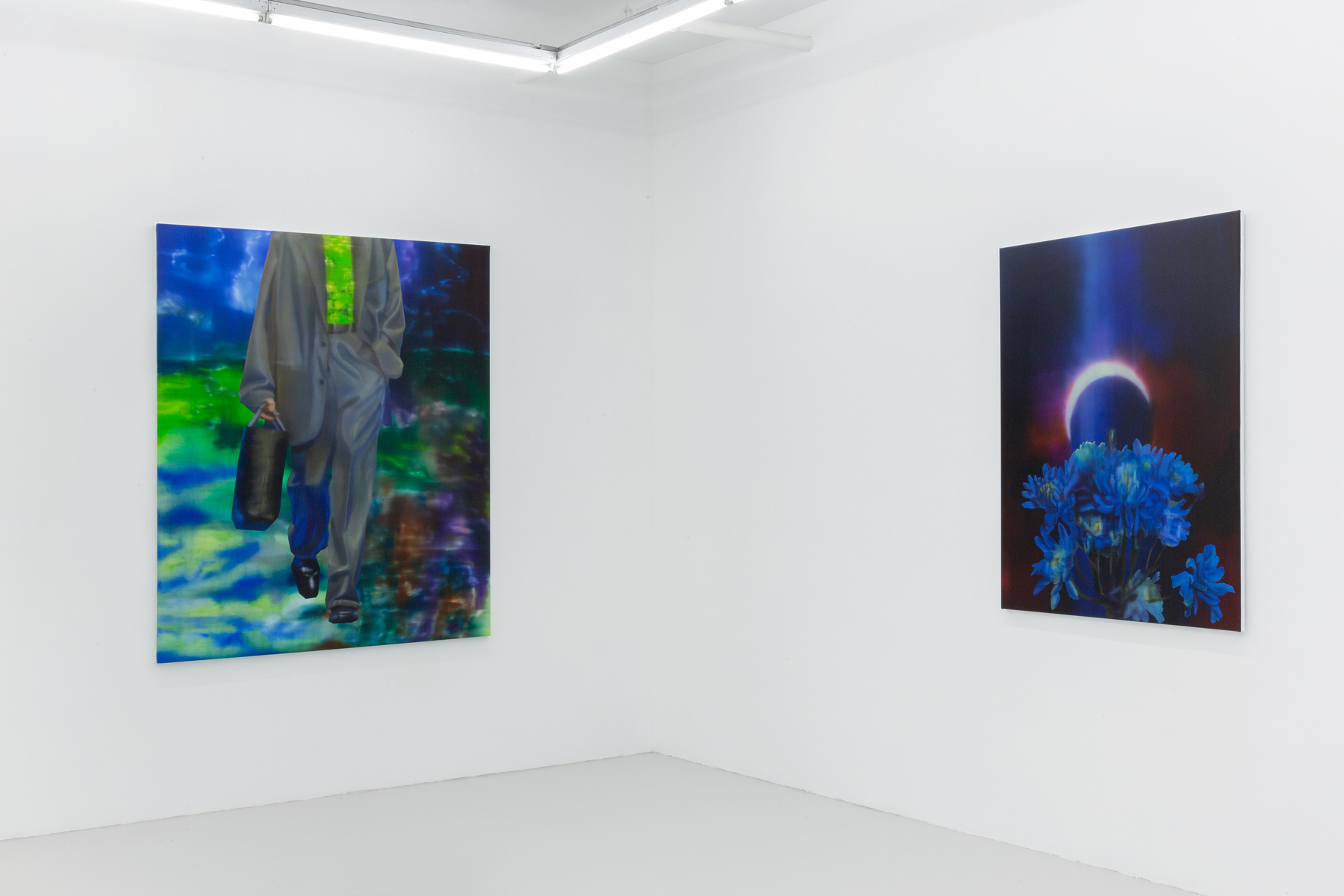
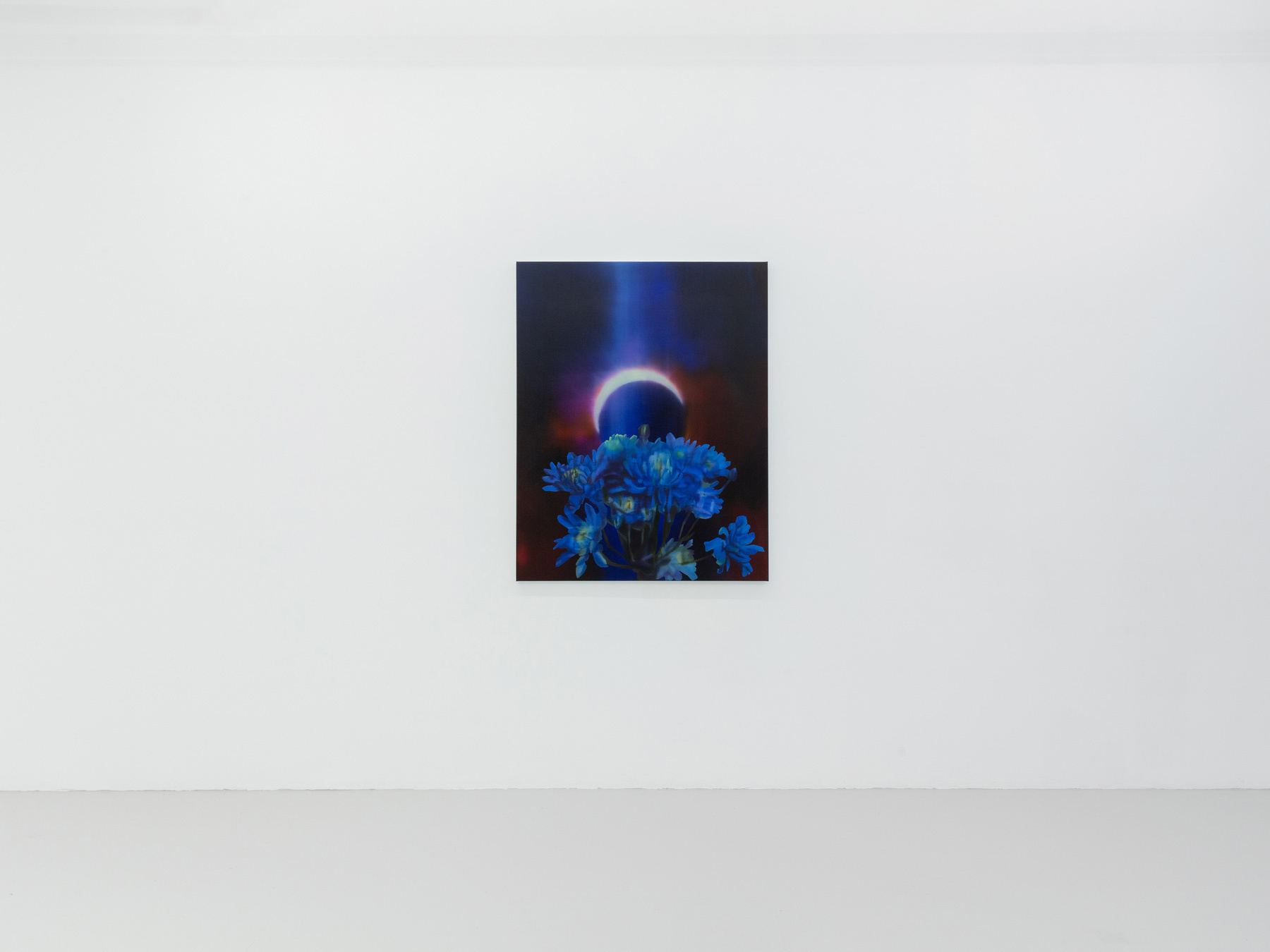
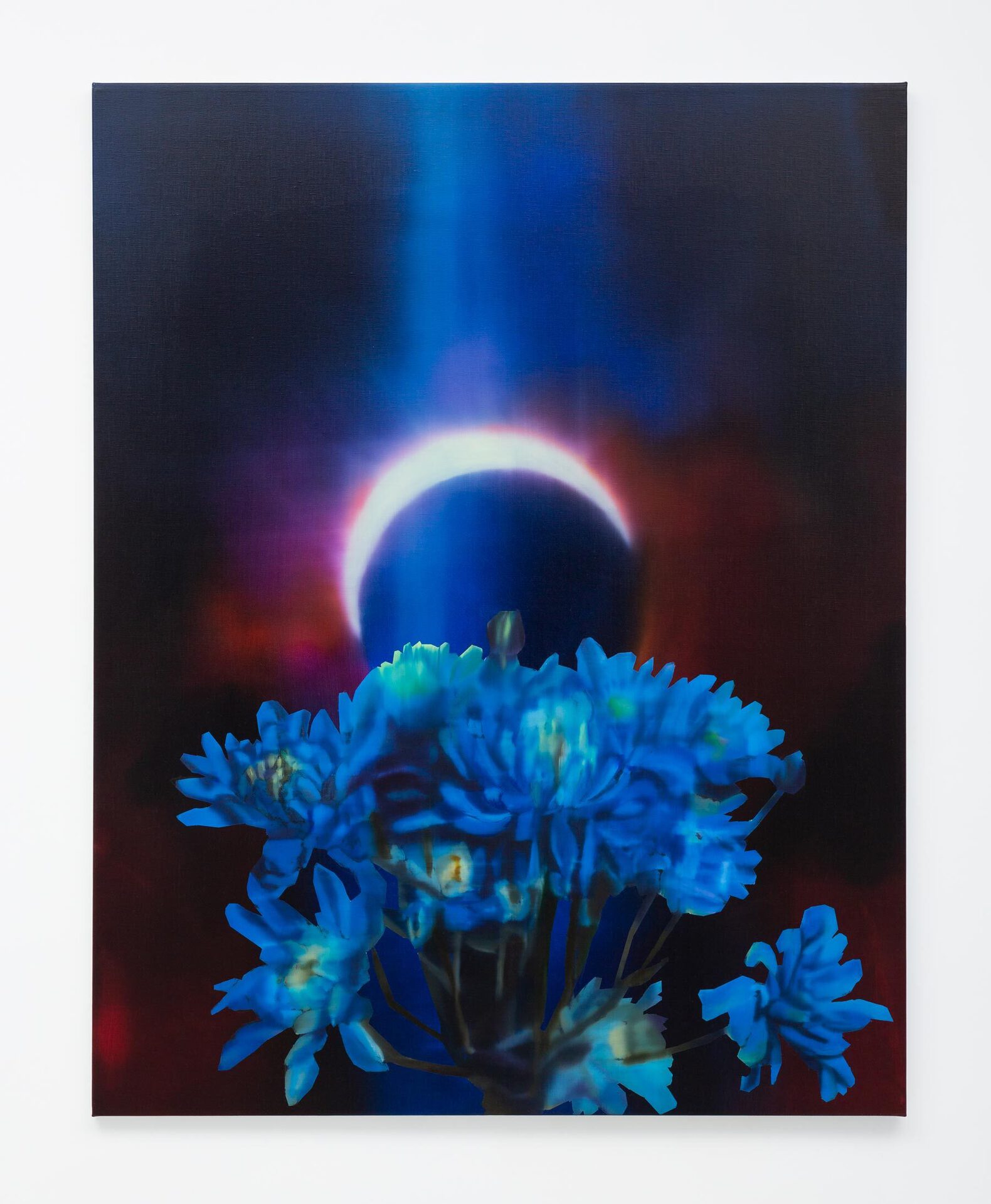
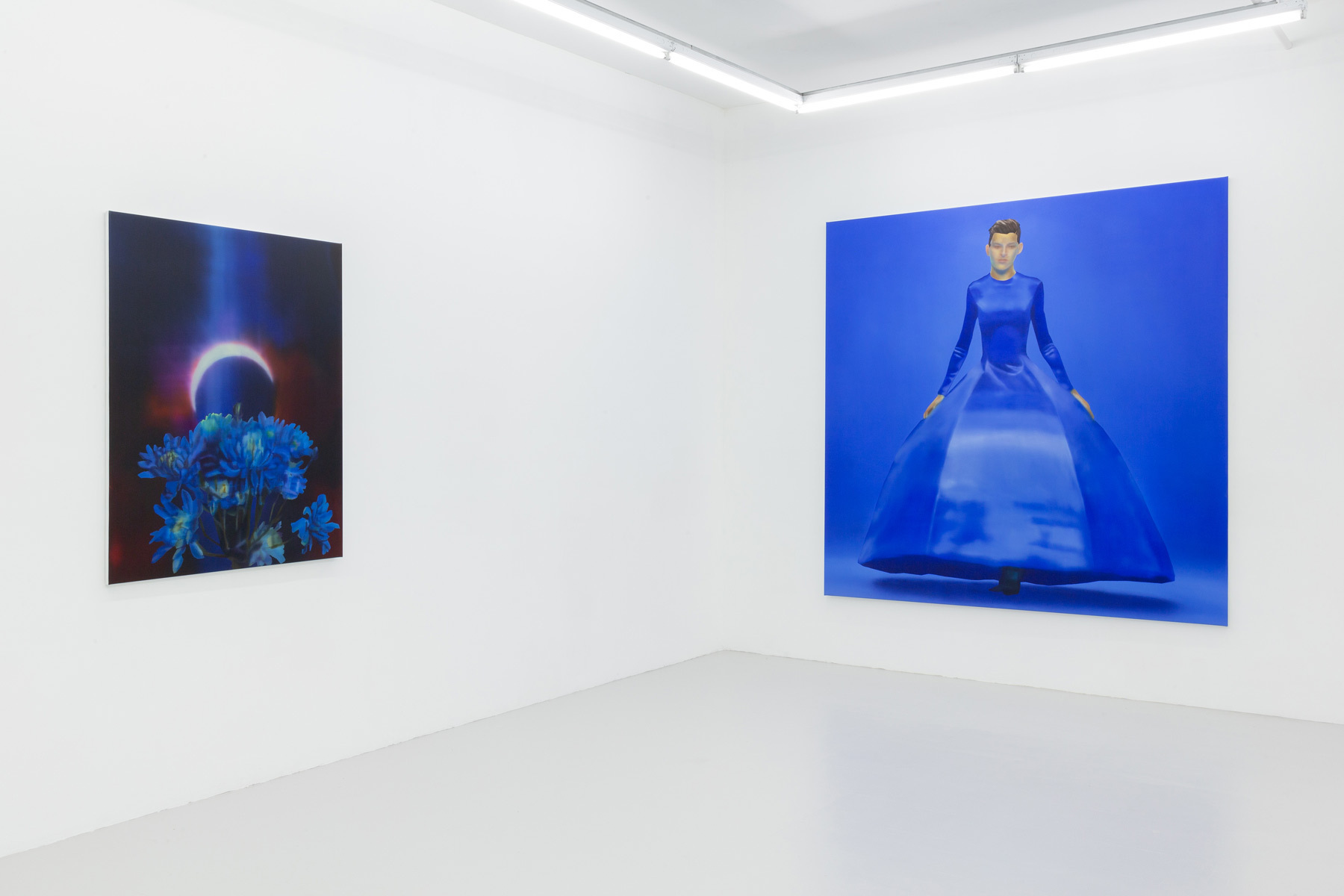
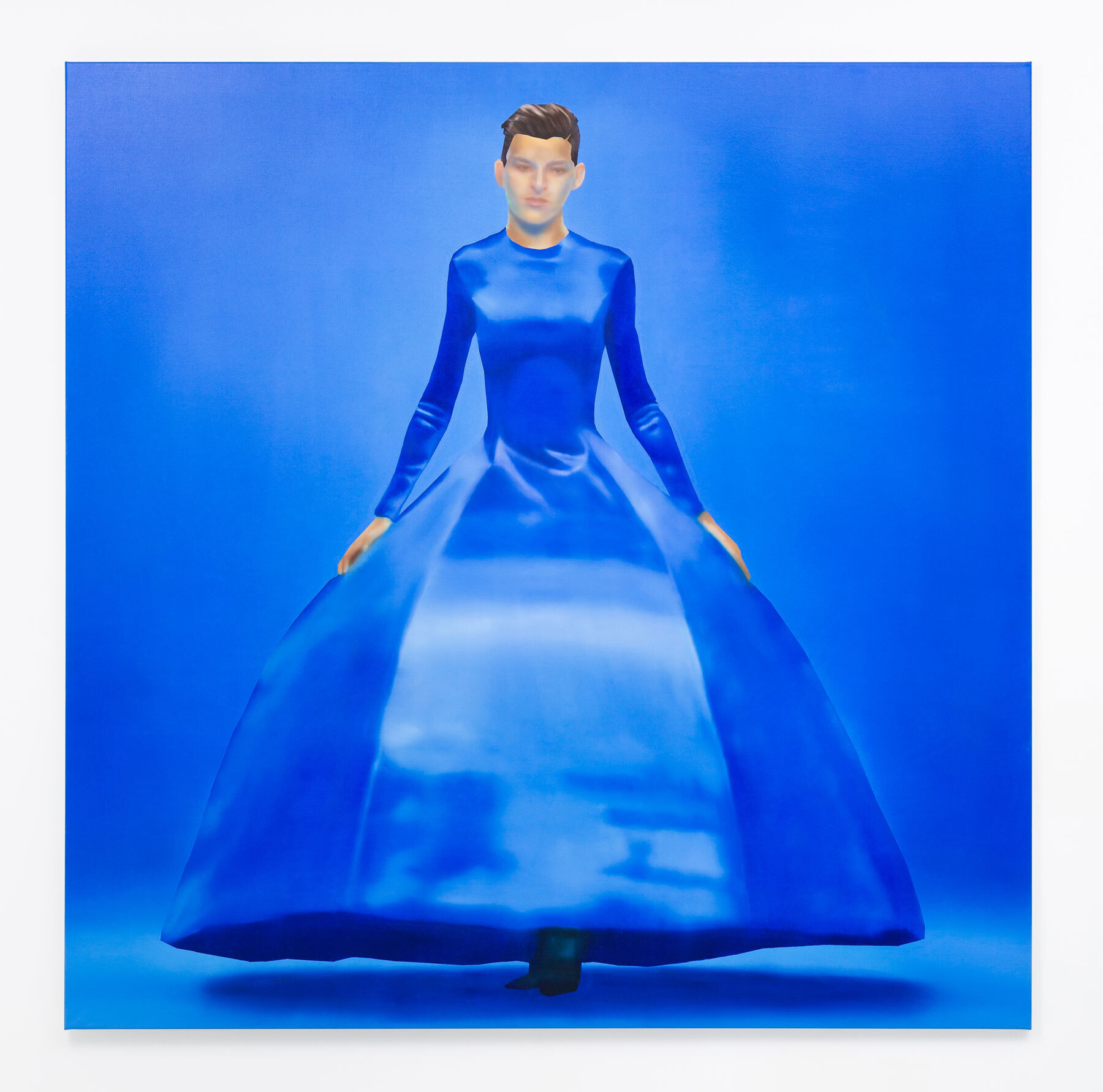
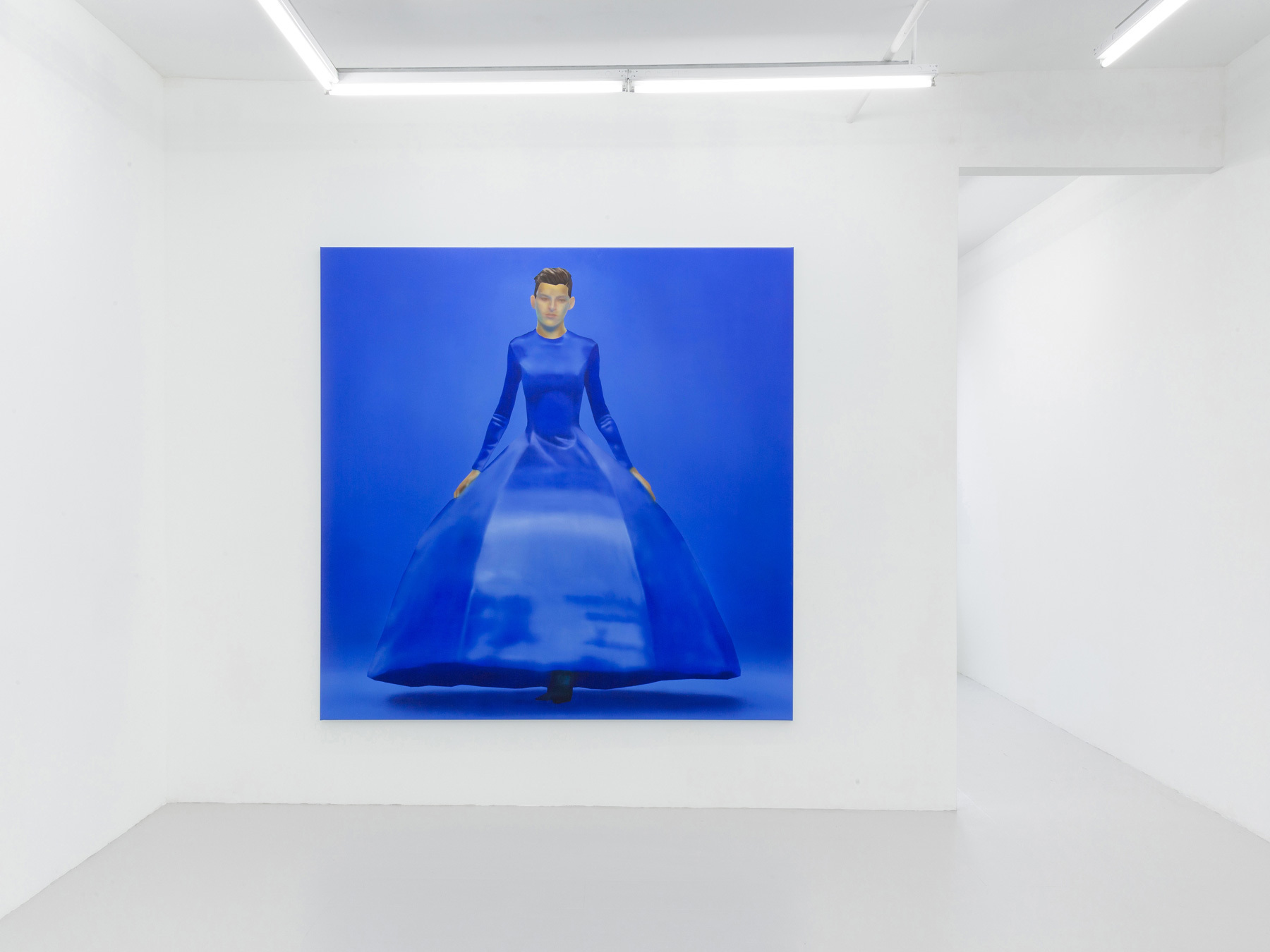
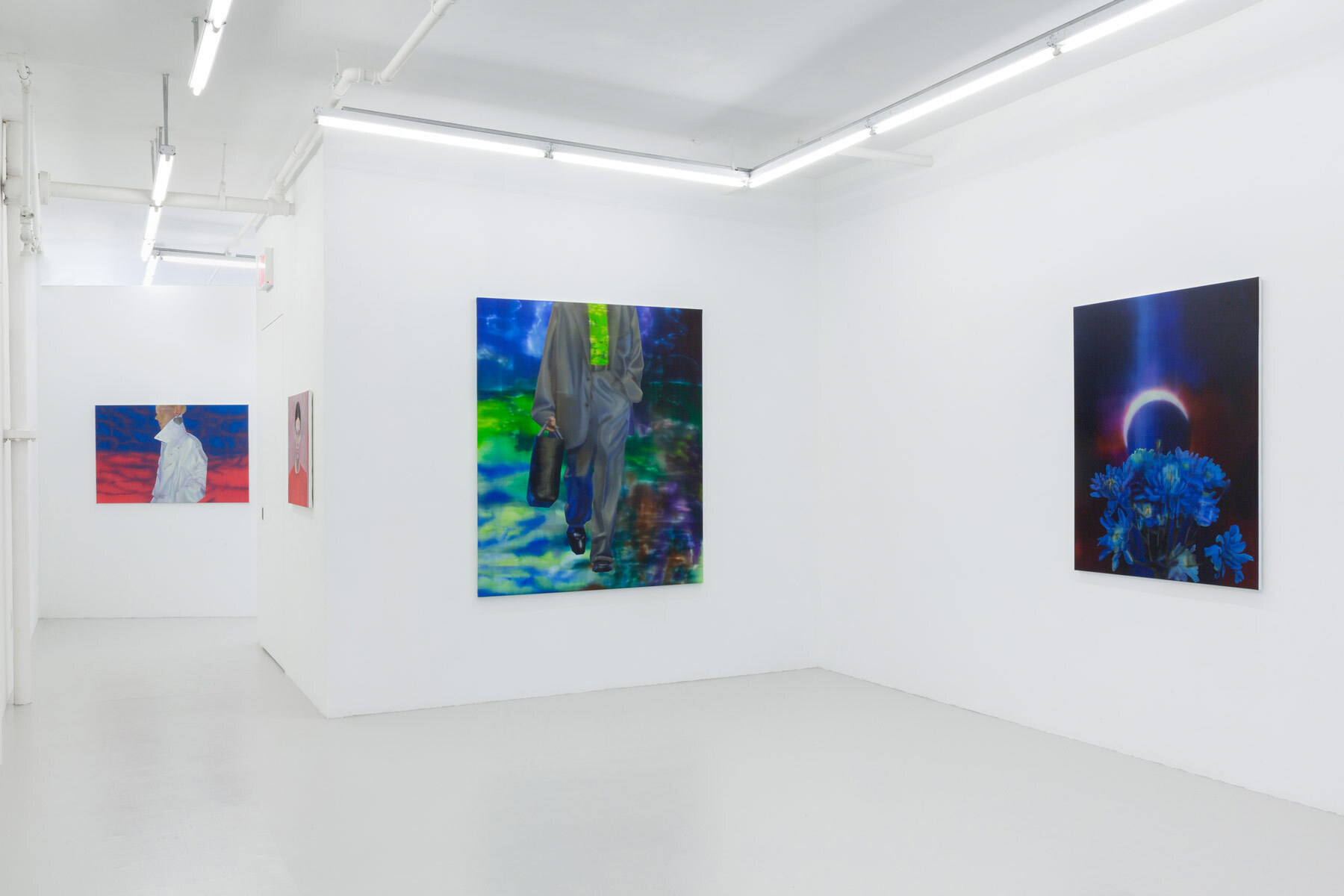
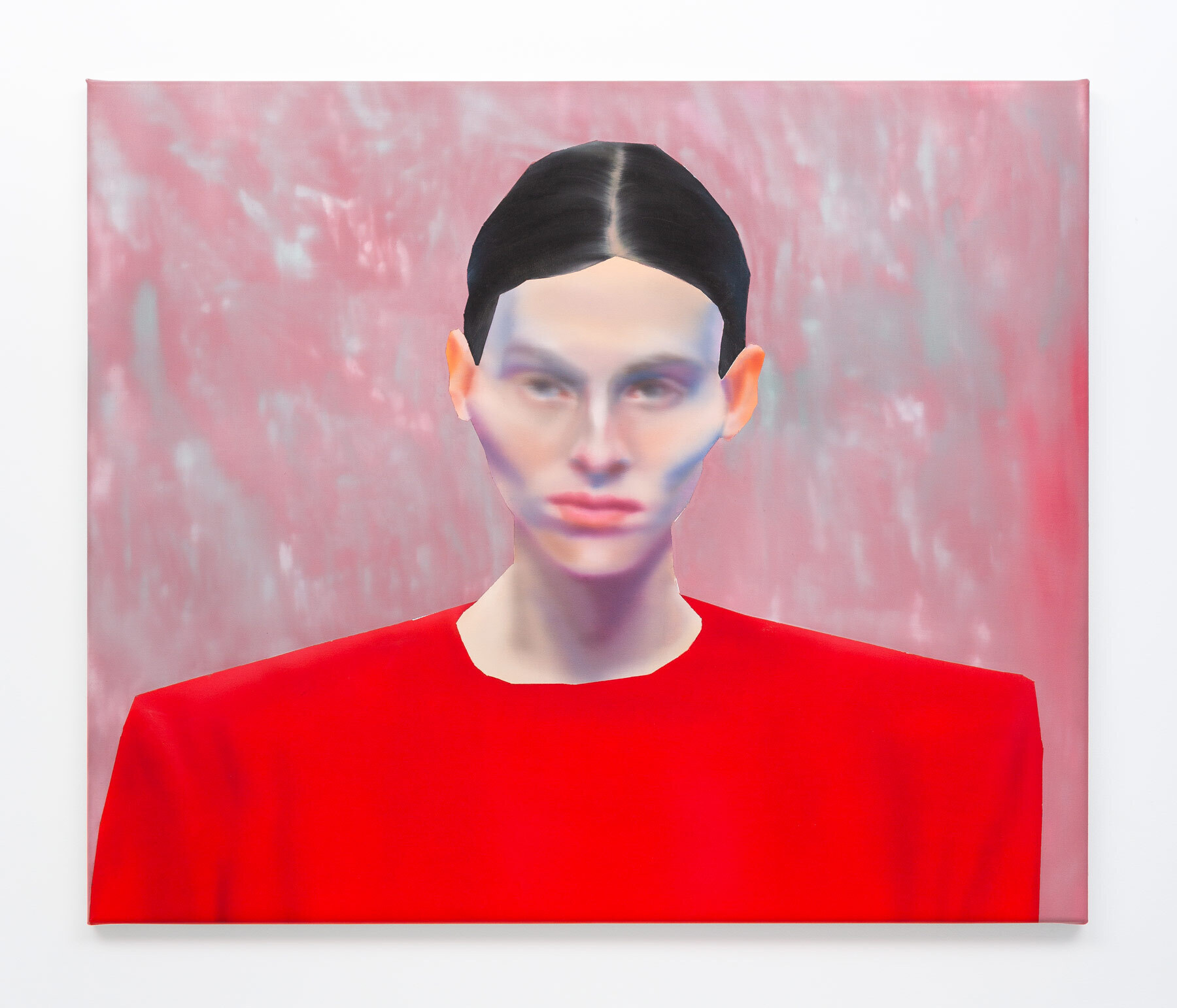
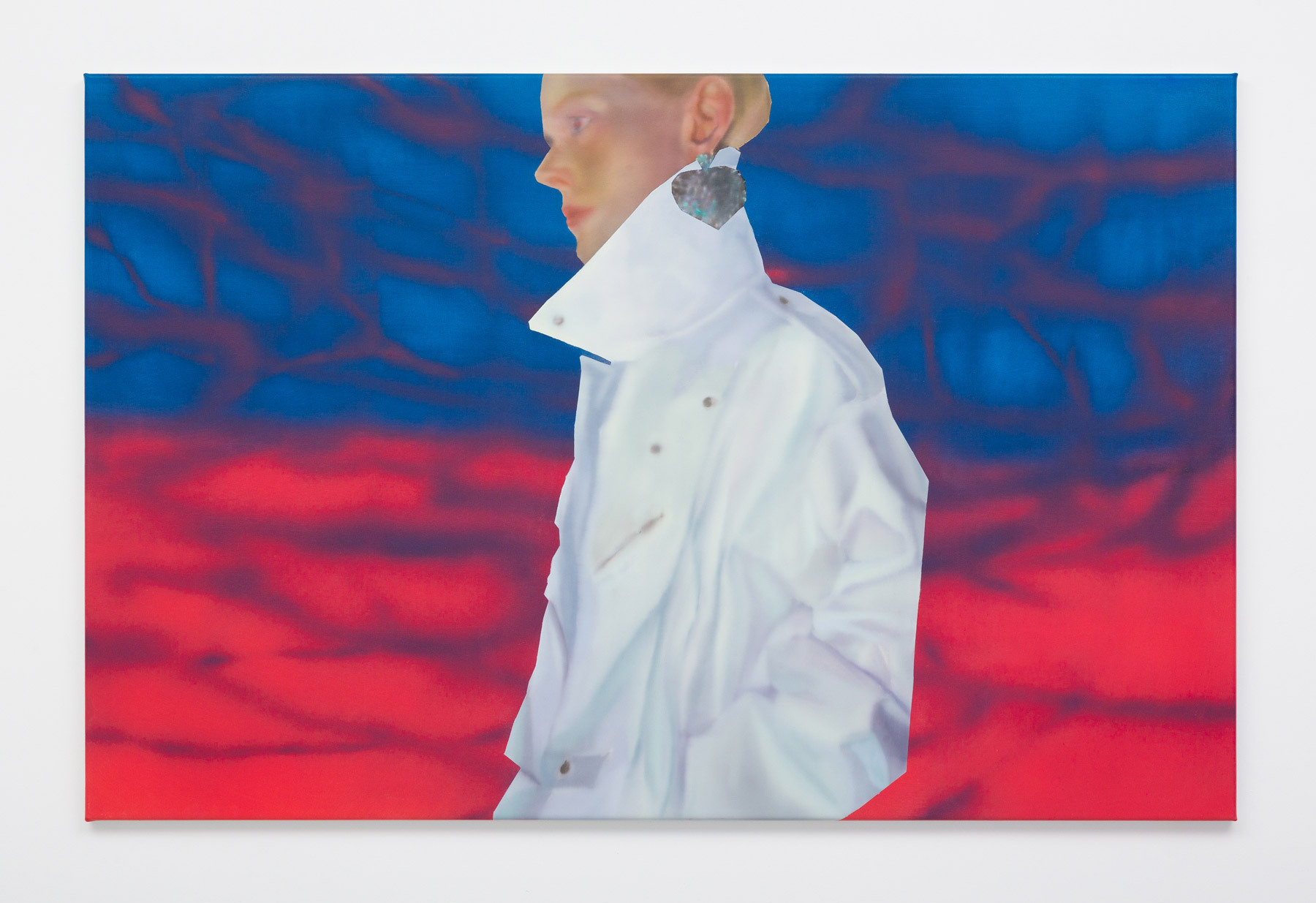
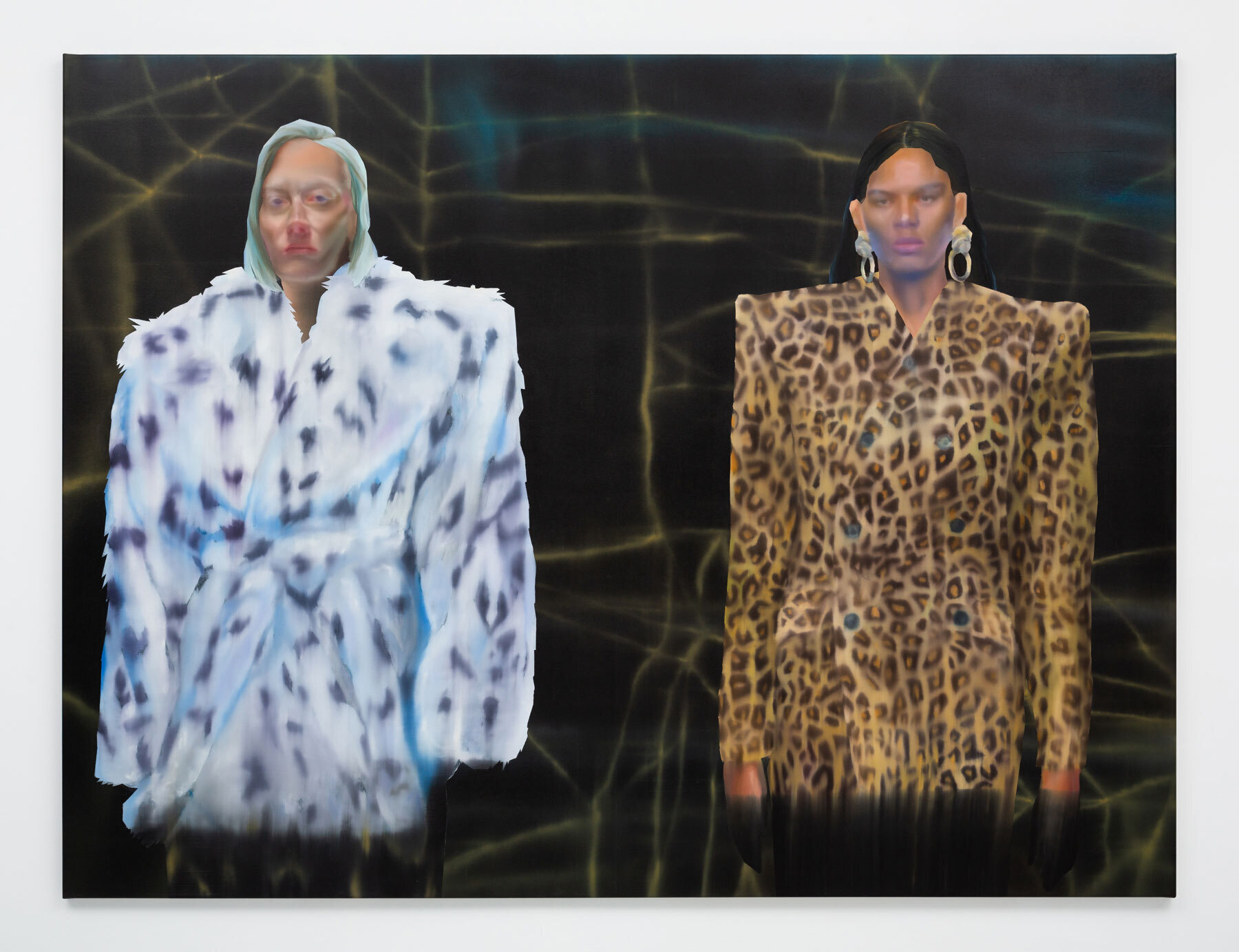
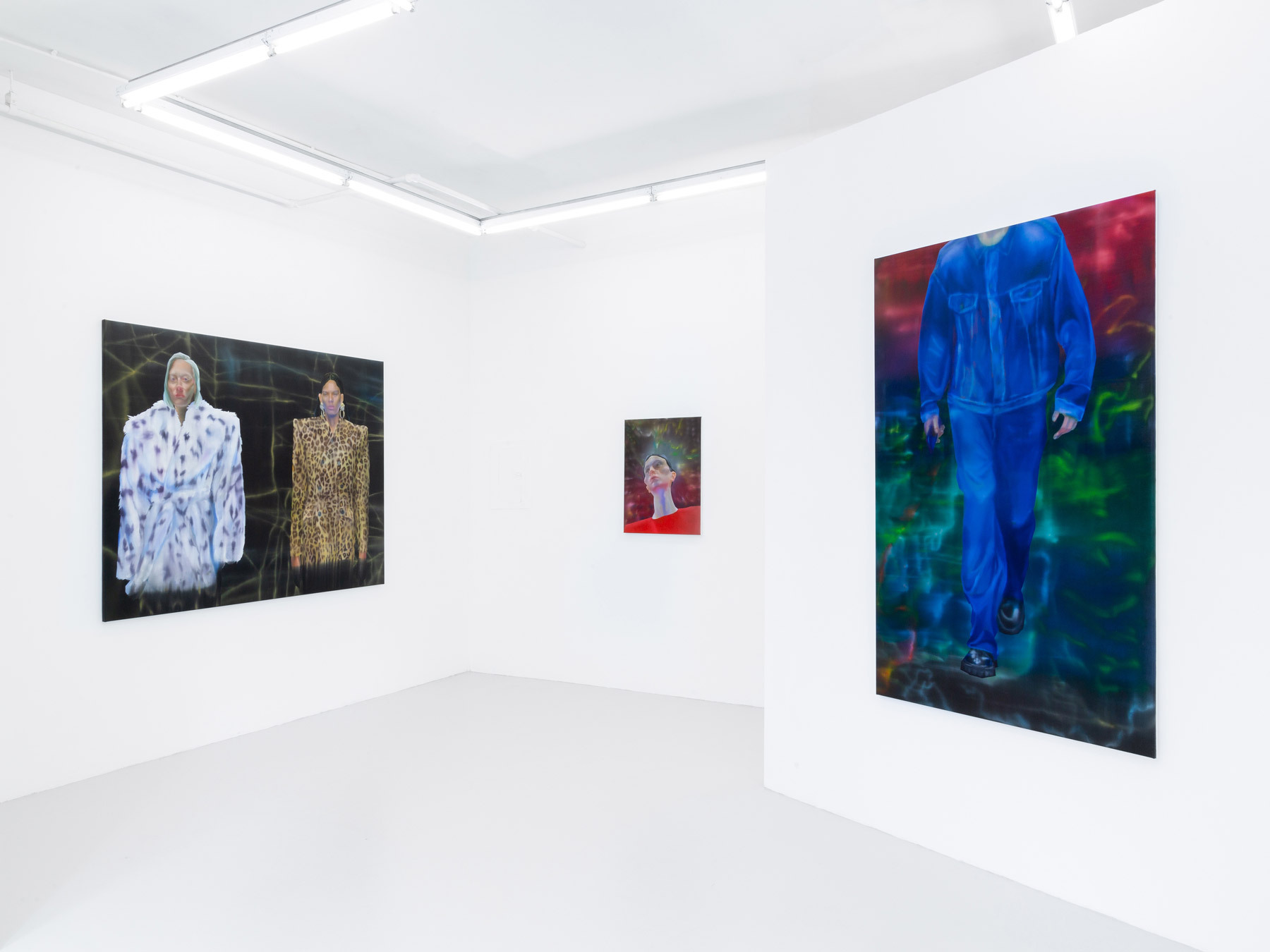
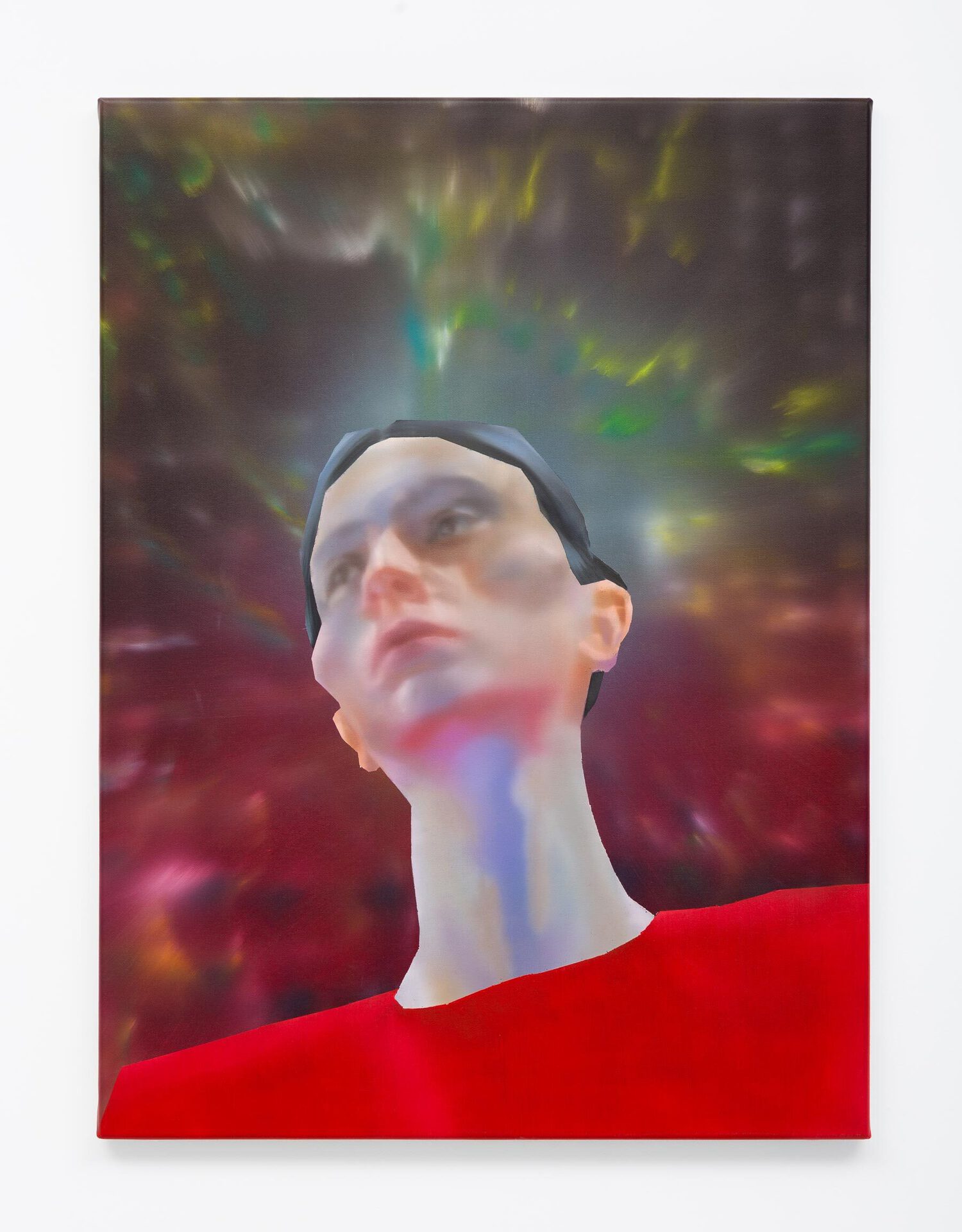
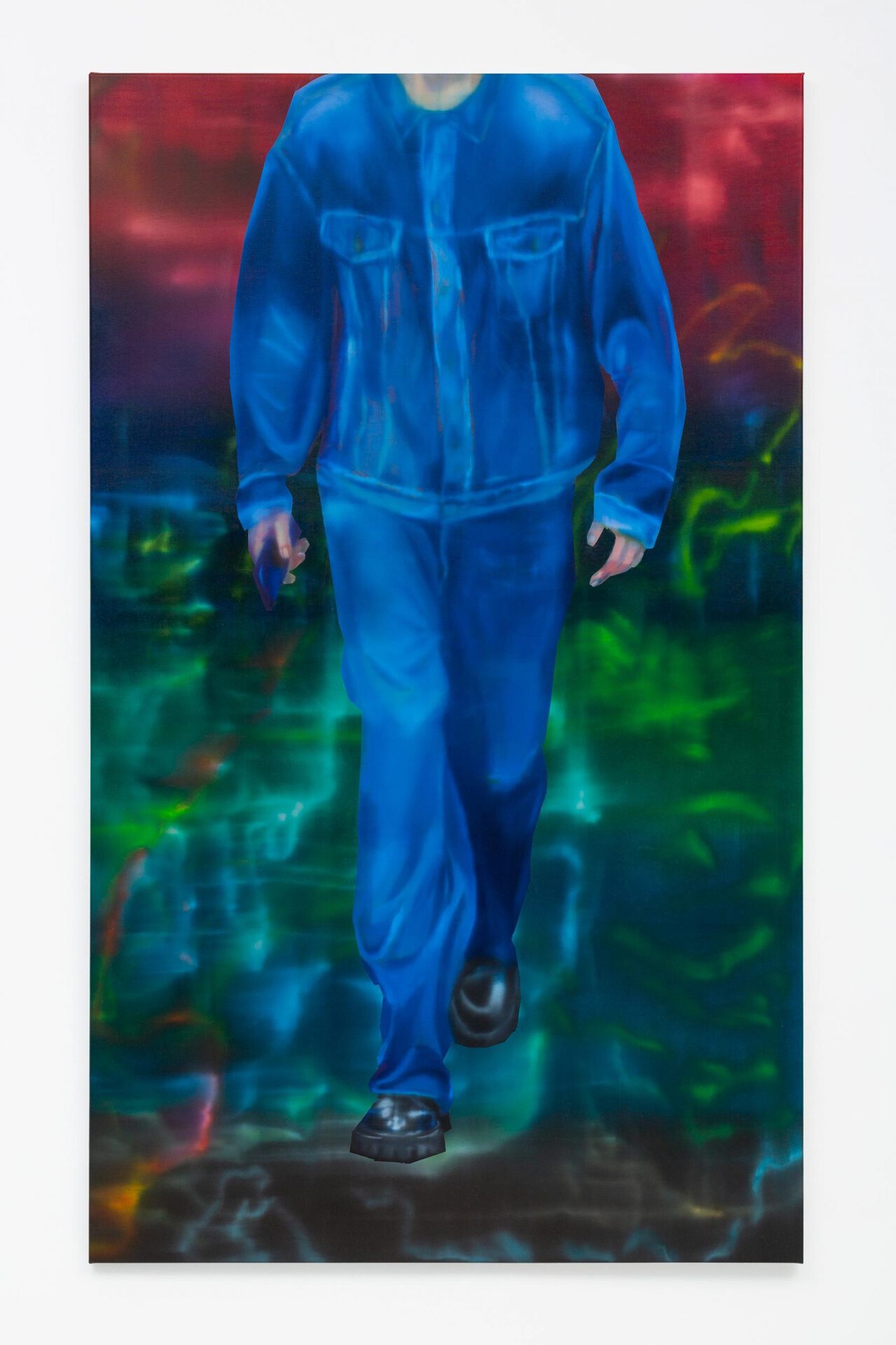
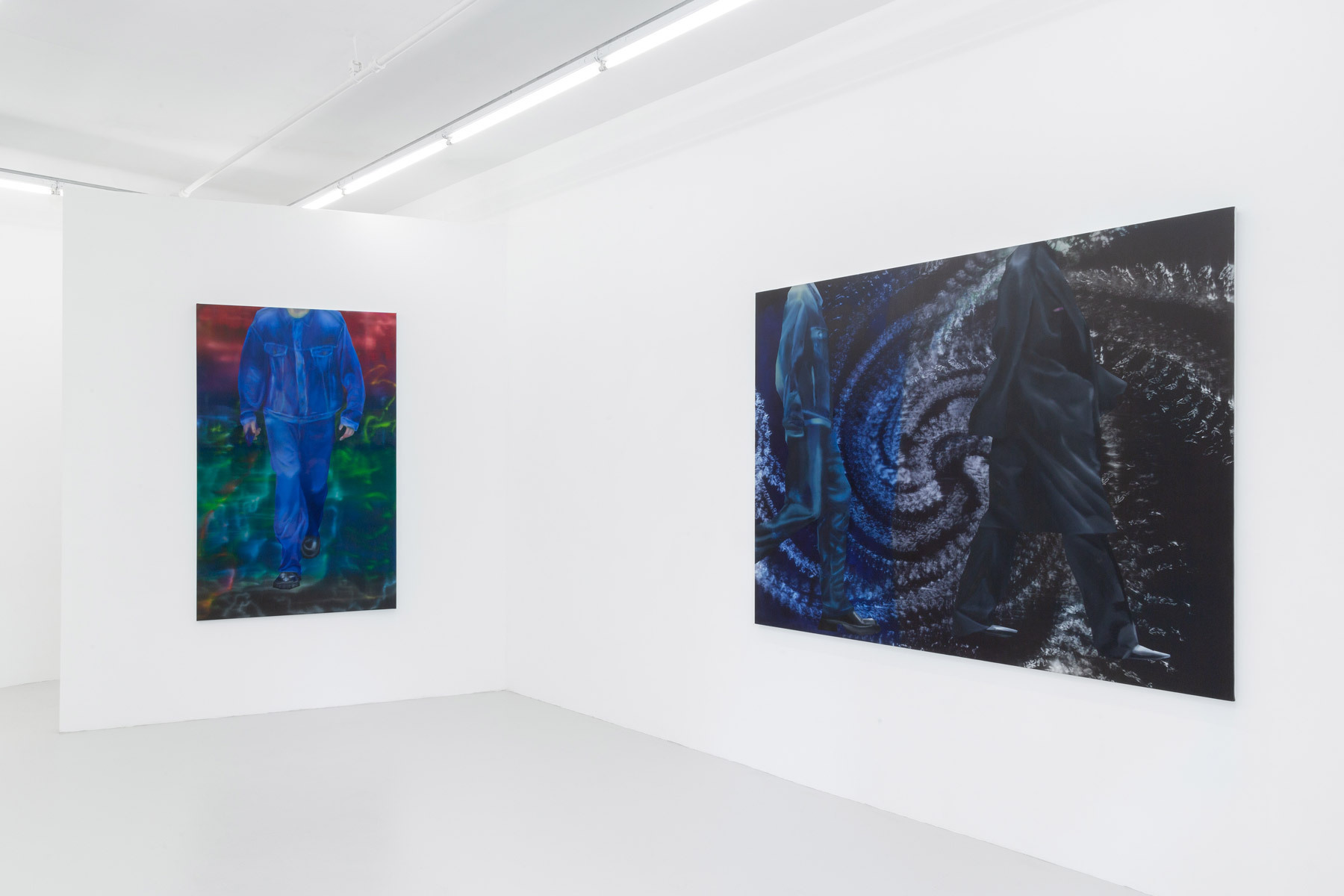
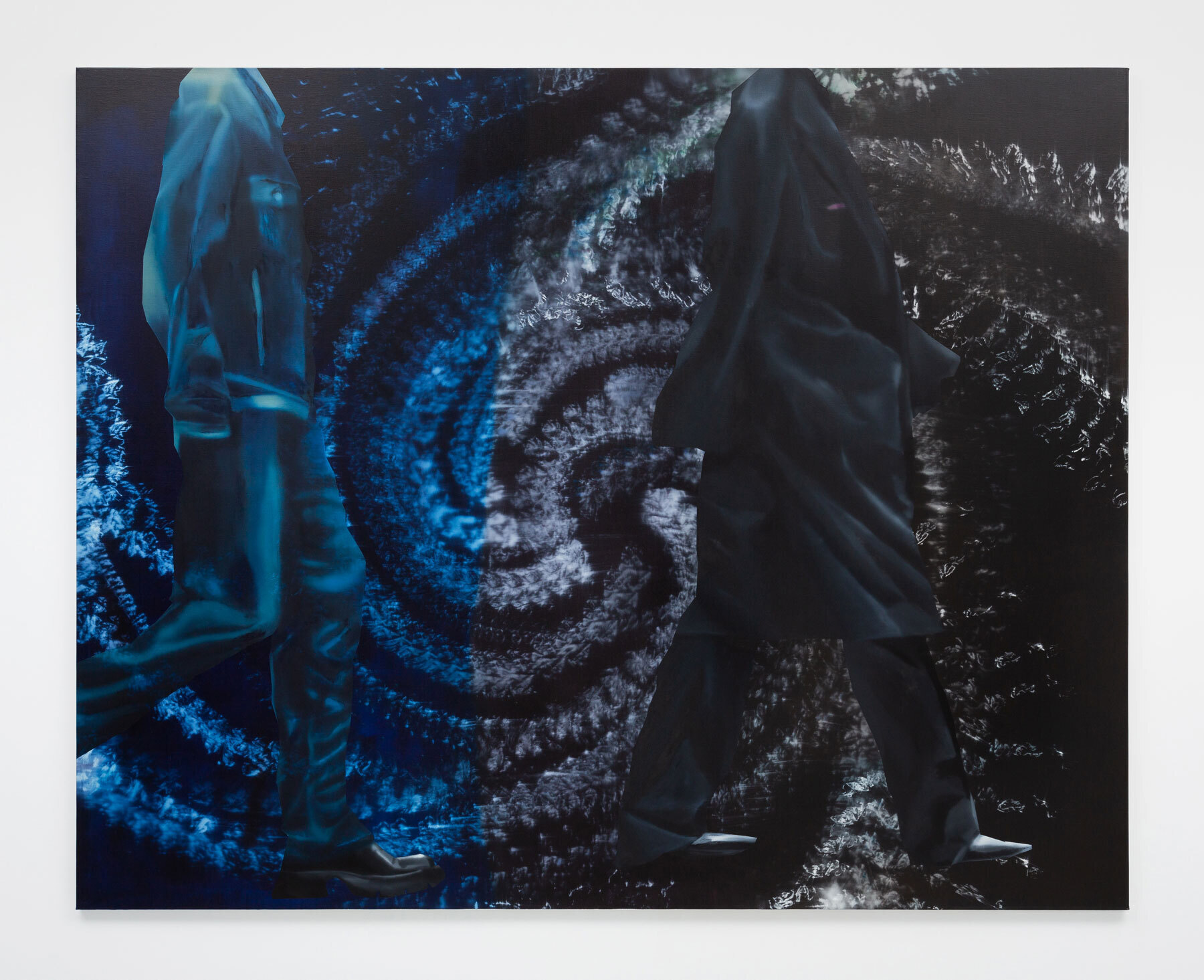
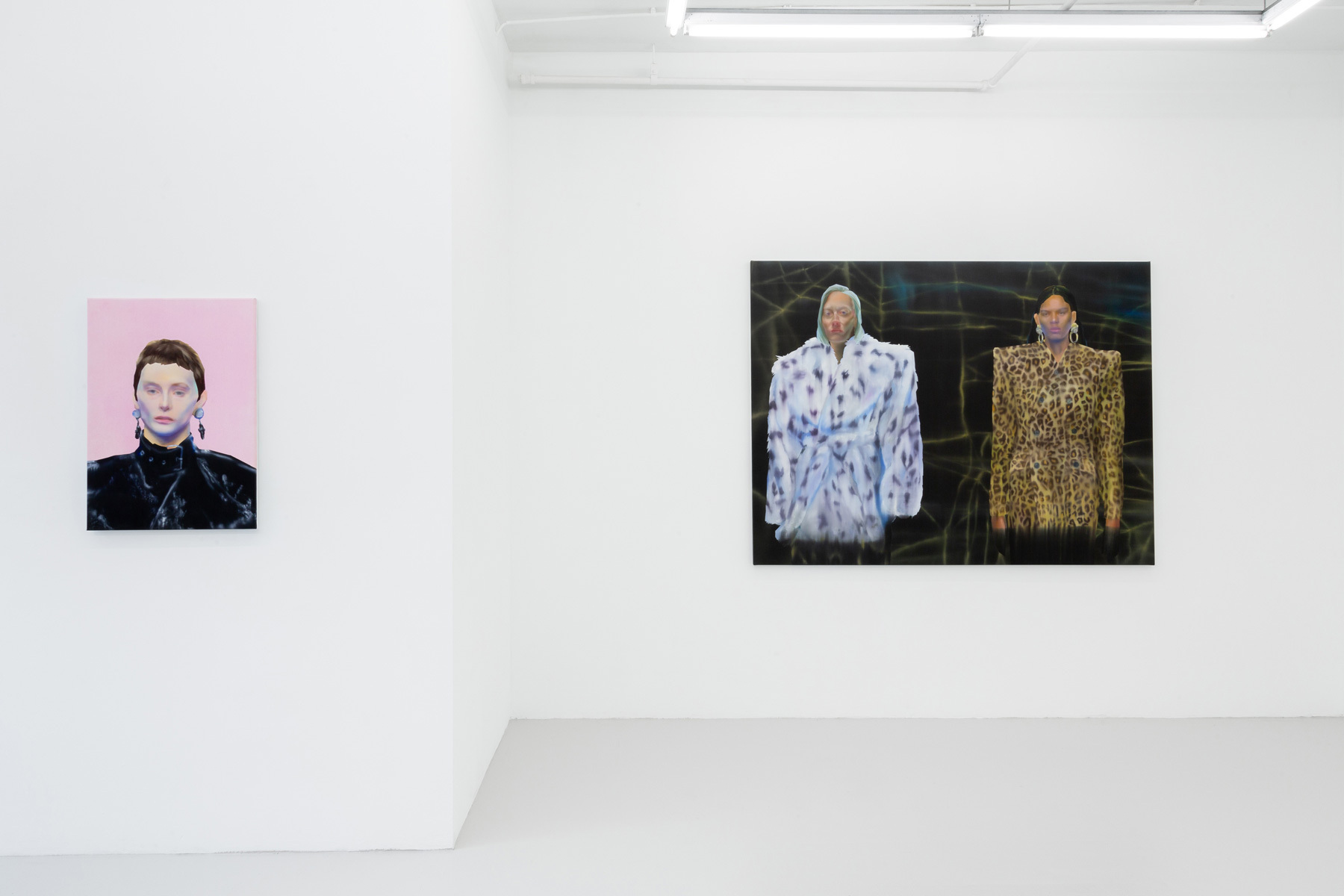
Location
Downs & RossDate
07.07 –12.09.2020Photography
Daniel TernaSubheadline
Emerging from a visual collaboration between the artist Rute Merk and Balenciaga, the oil on canvas paintings comprising her solo exhibition “SS20" at Downs & Ross take as their central subject the virtualized contexts of alienated labor and longing surfacing at the intersection of contemporary art and fashion. Sensitized to ways in which interpersonal distances and simulated identities shape an increasingly precarized present, her paintings' digital-at-first-glance and nearly holographic portraits of iconic models (which she posits as the highly specified embodiments of real-life corporatized avatars) explore how new visions of humanity and its appearance invoke both a technologized sublime and our concomitant anxieties of its planned obsolescence. Informed by Balenciaga creative director Demna Gvasalia’s vision of how the season “reimagines dressing for work," Rute Merk queries how both global fashion and art world fashionability rely on the containment of collective and personal identity within cycles of repetition – seasonally transforming compulsion into production. As such, the artist's tempestuous and tensile renderings of Balenciaga's SS20 runway presence speculate at to how art’s historical functions, including cultural memorialization and the production of speculative imaginaries, might operate generatively alongside fashion's evanescent mirages of subjectivity and the continuous repackaging of aspiration.Text
I got up. I went to work in the morning. New York Fashion Week was still being held, but on a smaller scale. Designers sent models down the runway in face masks, gloves, and even scrubs, many branded with designer logos. The accessories industry exploded. The last show of Fashion Week was Marc Jacobs, whose spring collection eschewed obvious references to Shen Fever and aimed for something more subtle. Held at the Lexington Avenue Armory, the show featured the drop-waist, boxy dress silhouettes of 1920s flappers, rendered in muted shades of stone, black, baby blue, the gentlest seafoam. If these were party outfits, they were for the most somber party.
Most noticeably, the clothes incorporated translucent materials, from the cellophane organza of the tiered skirts to the see-through plastic of the boots and pumps, which left parts of the models’ bodies, incongruously, uncomfortably exposed. Reviewers commented on how the transparent features highlighted the way that we had all begun assessing each other’s bodies, in fruitless attempts to detect Shen Fever. Fashion was beside the point. We didn’t look at a woman to appreciate her outfit, we looked at her to evaluate her potential sickness.
At my desk on an especially uneventful afternoon (production jobs placed at Spectra were slowly drying up), I watched a video of a backstage interview. He spoke in his low, characteristic drawl: I didn’t want it to feel real.
– Ling Ma, Severance, (New York: Farrar, Straus and Giroux, 2018), pp. 211-12.
Rute Merk (b. 1991, Lithuania; lives and works in Berlin) received her BA in Painting from Vilnius Academy of Arts in 2013, and is acquiring her painting diploma at Akademie der Bildenden Künste, Munich. Solo exhibitions: Downs & Ross, New York; Gallery Vacancy, Shanghai; Vent Gallery, Vienna; Editorial, Vilnius. Selected group exhibitions: Kunstverein Munchen, Munich; Marburger Kunstverein, Marburg; Rupert, Vilnius; Contemporary Art Centre (CAC) Vilnius, Vilnius; 427 Gallery, Riga; Vartai Gallery, Vilnius; Art Hall, Talinn; Tate, Liverpool; Malmö Konsthall, Malmö. Her works are included in institutional collections internationally including M Woods, Beijing; Sifang Art Museum, Nanjing; and X Museum, Beijing.